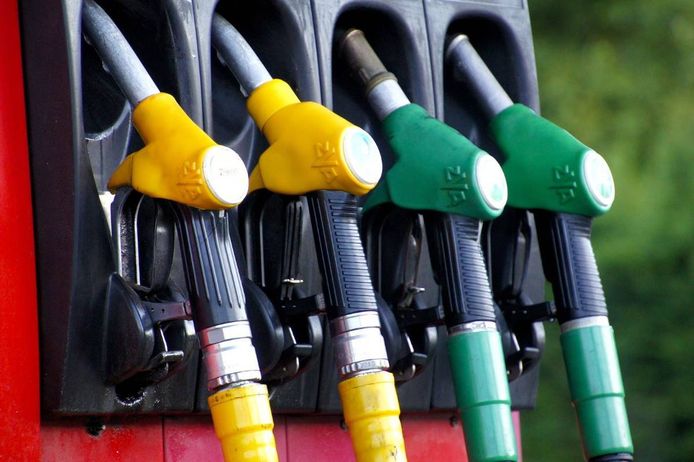The President of the Government, Pedro Sánchez, has anticipated a reduction in the price of a liter of fuel by 20 cents to reduce the short-term economic consequences of the great rise in oil, which has taken prices to record highs.
The Government of Spain is accumulating fronts of a great fire in which truck drivers, farmers, fishermen, taxi drivers… and by extension any citizen who has suffered a rising energy prices that has turned certain activities into deficits.
For a time this has come to the collection machine of the State and autonomies like rain in May, given that VAT collection increases with inflation, and fuels have not exactly escaped from that. Diesel is already 50% more expensive than a year ago, and gasoline follows closely in year-on-year increase.
The reduction of 20 cents per liter will give drivers and the rest of society a temporary sigh via inflation, although the latter will be less noticeable. 15 cents of reduction will come for a lower collection, the other 5 cents will be put by the oil companies. That’s the theory.
Loading tweet…
1508358572593364993
First of all, what the government does is a temporary reduction in hydrocarbon taxwhich taxes each liter that is poured, no matter what the liter costs, so it does not give us anything back, it takes a little less. In 2021 they were raised 11,492 million euros only in taxes on hydrocarbons, more than the rest of special taxes combined.
With fuel taxes we have enough to pay for the maintenance of all the country’s highways, but despite this they continue to intermittently threaten us with implementing a “fee system”or its translation from newspeak to Spanish: repay yourself for the roads for which you have already paid and pay taxes, and to finance things that have nothing to do with roads.
Second, the tax cut is a simple palliative, in the same way that a painkiller does not cure the patient, it only relieves their pain and discomfort. The original sin of the price of fuel in Spain is not the tax burden, which is higher in Europe, it is the price per liter before taxes.
If we look at the latest EU oil bulletinfrom last Thursday, we verify that, if we eliminate the taxes, we have the most expensive gasoline in Europe (€1,026/l) together with the Danes (€1,009/l), Germans (€1,147/l), Irish (€1,001/l), Italians (€1,023/l) and Dutch (€1,059/l).
Almost the same thing happens if we look at the diesel oil. Without taxes, they would pay us €1.106/l, which is already more than the average of what would be paid in the rest of the countries of the European Union in which the Euro is used as currency. However, it is much cheaper in countries such as Bulgaria (€0.985/l), Hungary (€0.885/l), Malta (€0.553/l), Slovakia (€0.942/l) or Slovenia (€0.935/l).
Although it is true that the Government is not directly responsible for the cost of the raw material, which pockets the distribution and the margin of the points of sale, must have something to do with it. The National Competition Commission (CNC) blamed this differential Spanish fact on the lack of competition. And he said it more than 10 years ago, it is not a recent phenomenon.

Neither this government nor those that have preceded it have done enough to increase the competition of the different operators, and therefore further adjust their prices. The phenomenon of low-cost gas stations is having a visible impact in recent daysliterally some have been left with empty tanks due to their adjusted prices.
One of the main oil companies, Repsol, announced a significant reduction, 10 cents per liter and using its Waylet mobile application, trying to start a commercial war or rather, bring some competition into the fray. Wow, so the price of fuel can be lowered, you couldn’t tell!
When we get out of this and taxes go back to where they were, the tax collection machine will go back to making more cash and the underlying problem will remain unsolved. Any competent doctor will tell us that if we want to cure someone -and it can be cured- you have to go to the root of the problemnot hide the symptoms.


